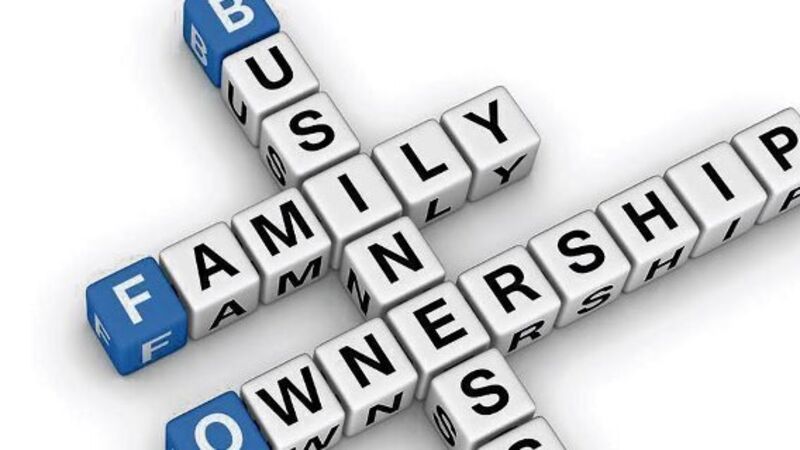SMEs: Best outlook in years gives lift to home-produced businesses

They make up 75% of all enterprises in Ireland and account for 50% of employment in the private sector and 68% of total employment, contributing hugely to jobs, the local economy, export business and charity funding/sponsorship.
In other words, the family business is essential to the economic well-being and stability of the country.
















